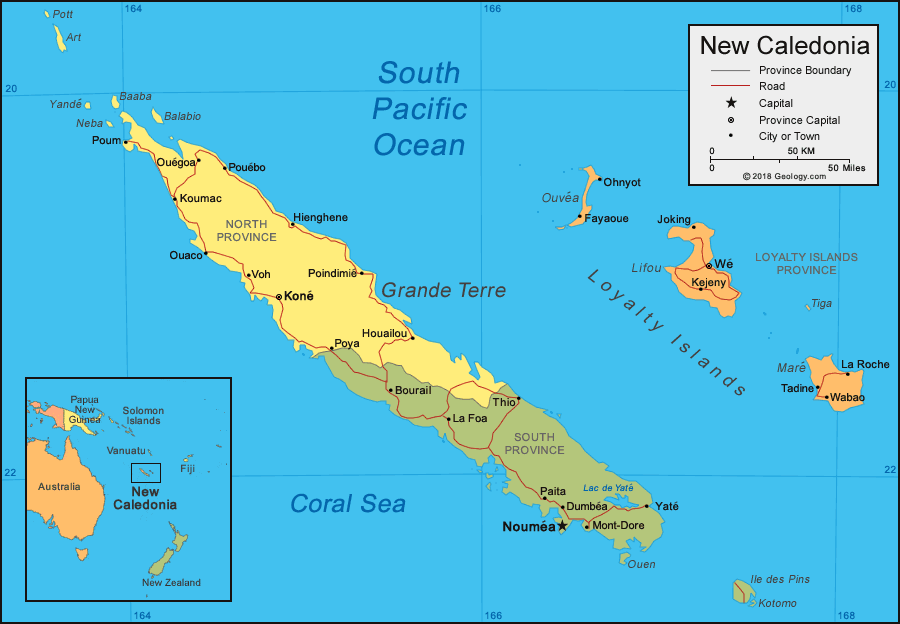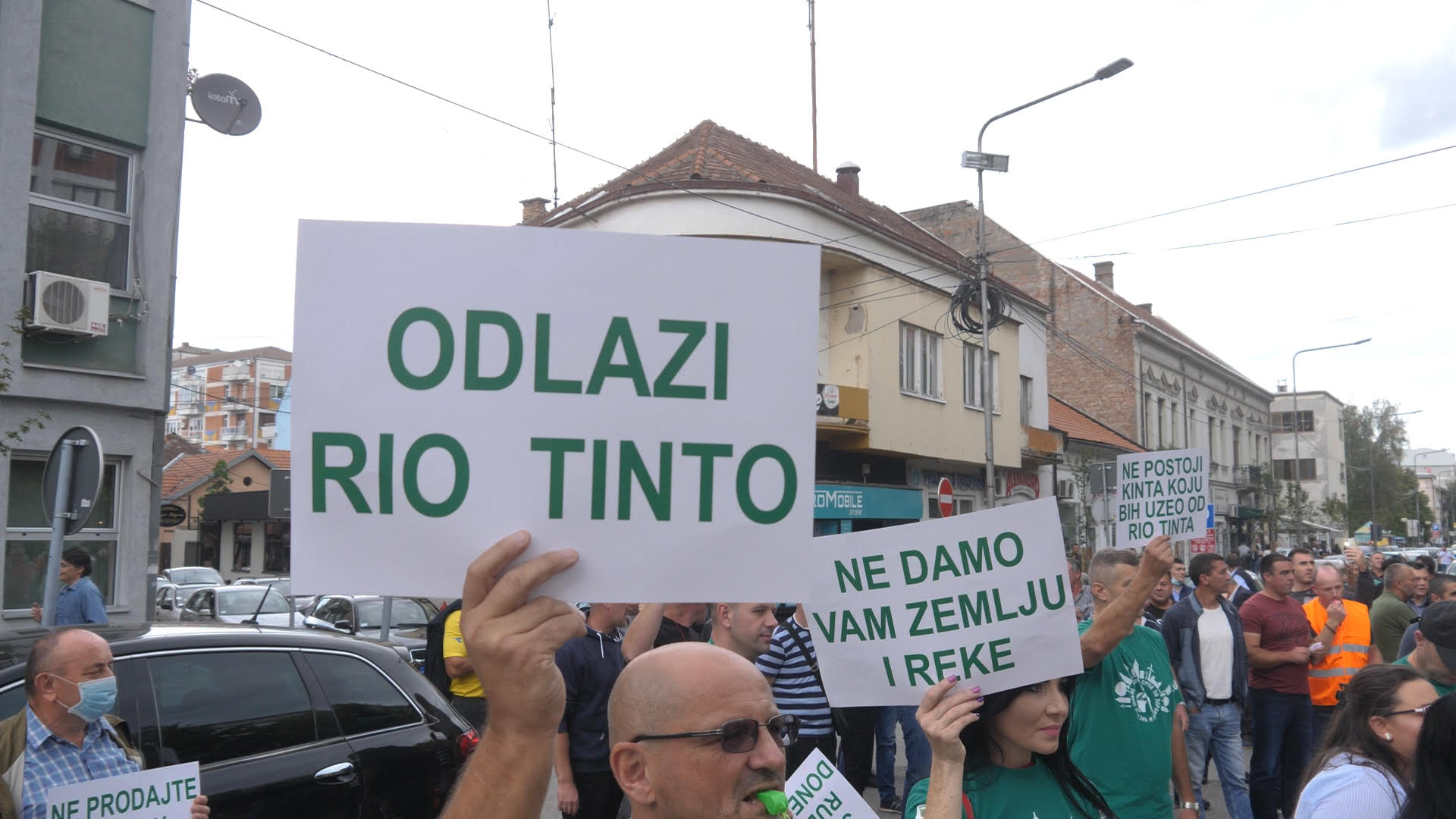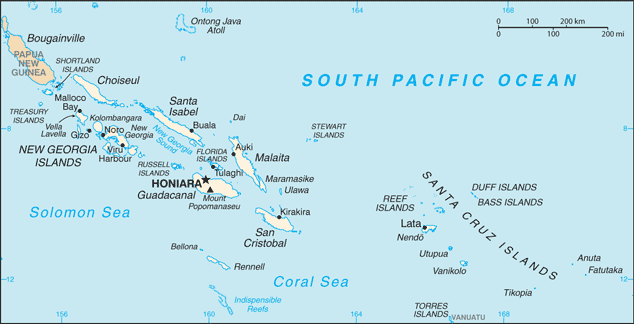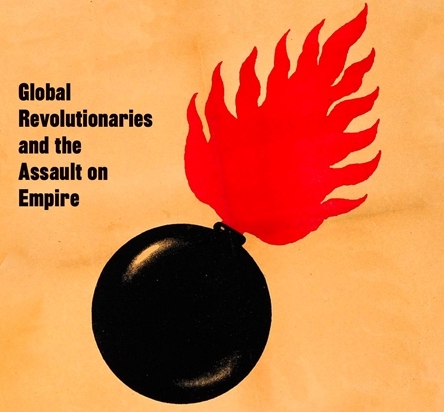
Keep CounterVortex alive with a New Year donation!
In our holiday fund drive, we are only $100 toward our very modest goal of $500. We also gained a few new Patreon followers, so those funds (which we count toward the total) will be trickling in over the coming weeks. But we’d like to get a little closer to being over the hump before we get any deeper into 2022. We understand that our ultra-dissident perspective as well as the fact the we cover “obscure” wars, conflicts and social struggles outside the media spotlight, means that we will never have a mass readership that can raise thousands of dollars (as do our frankly rival websites that successfully play to the crowd). But if you want the latest news on revolution around the world from a radical dissident-left perspective with 0% unvetted provocation or state propaganda, you know where to turn: CounterVortex. If you appreciate our rigorous reportage and ultra-dissident analysis, please give what you can.










